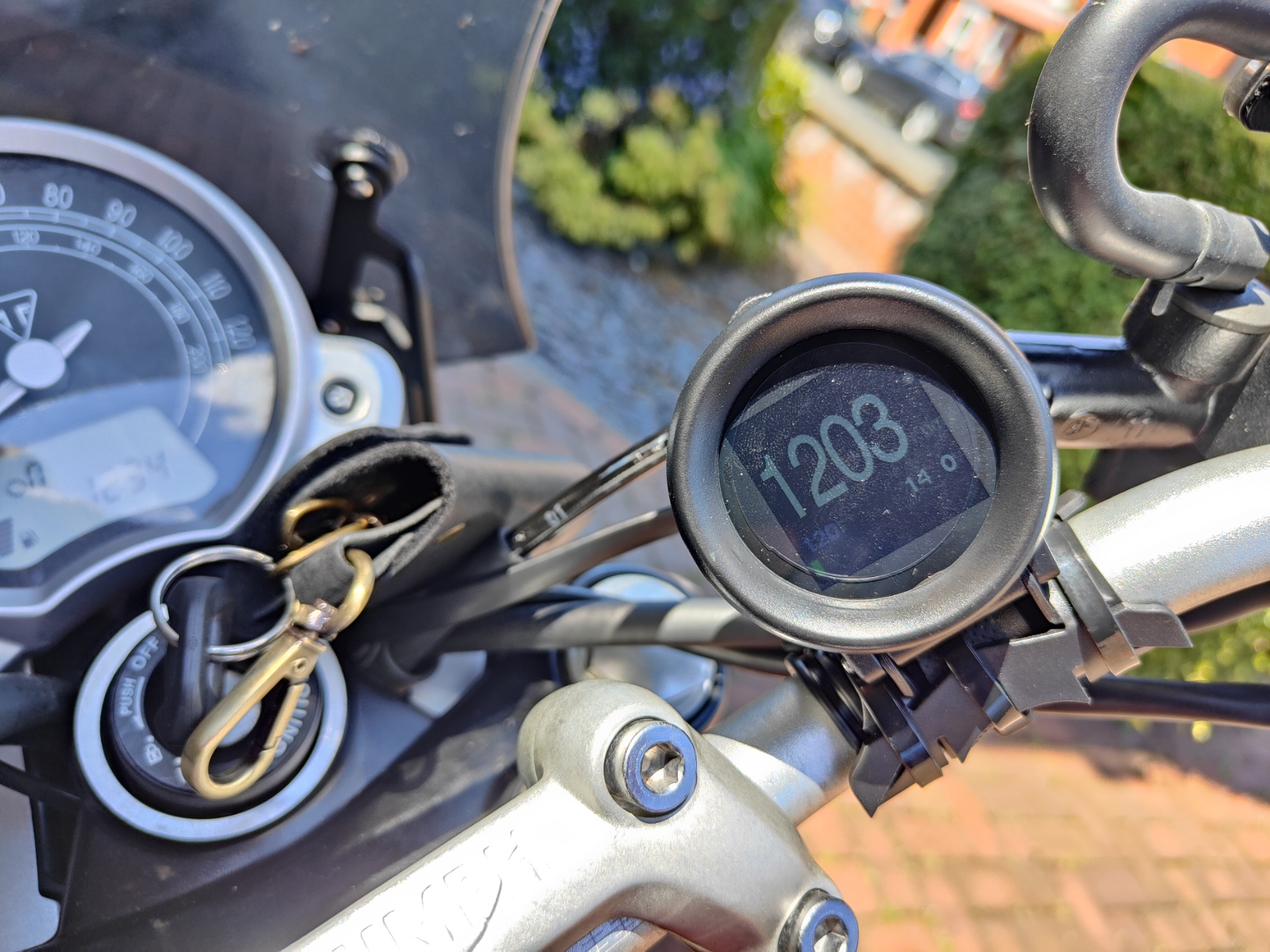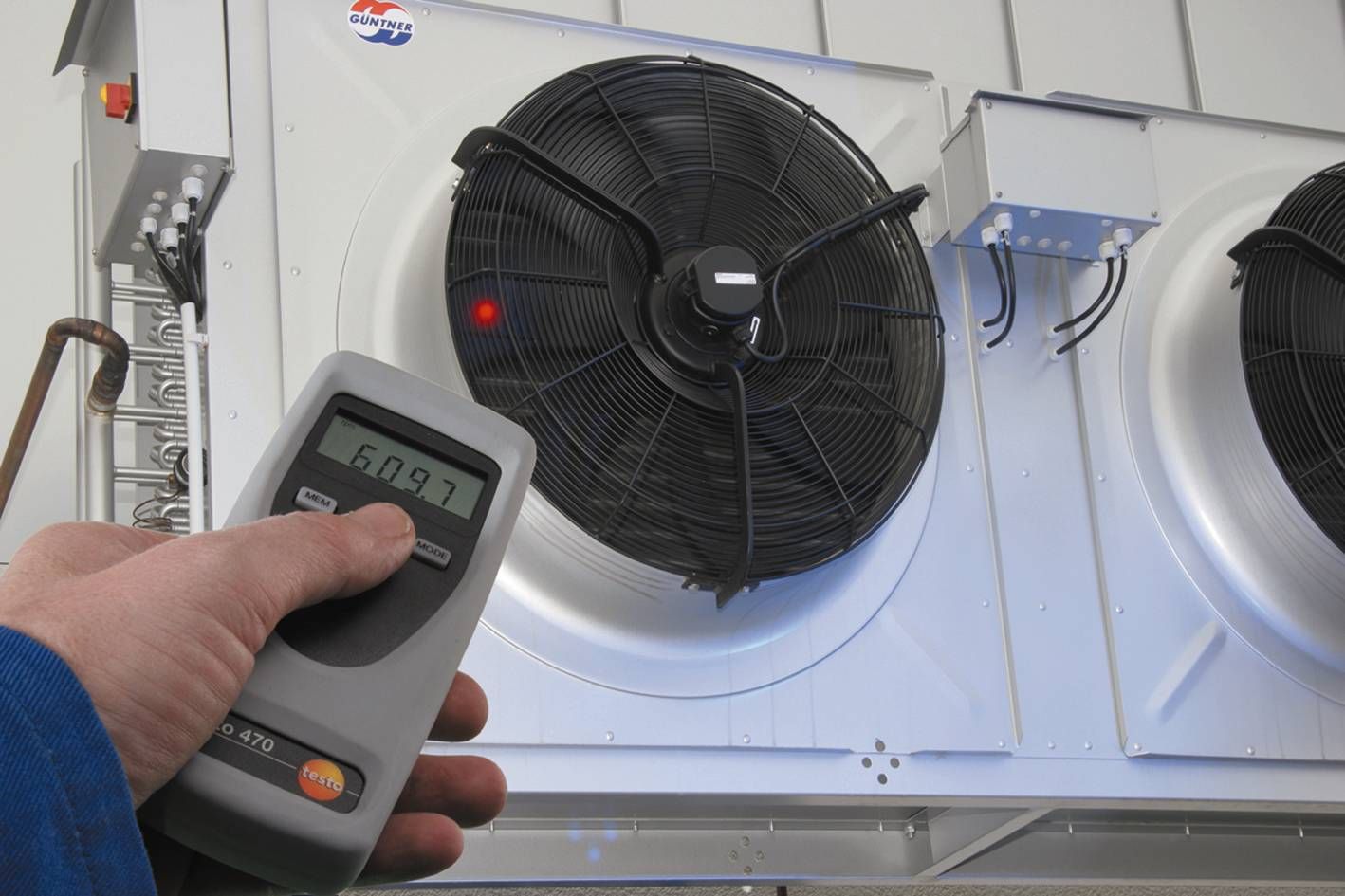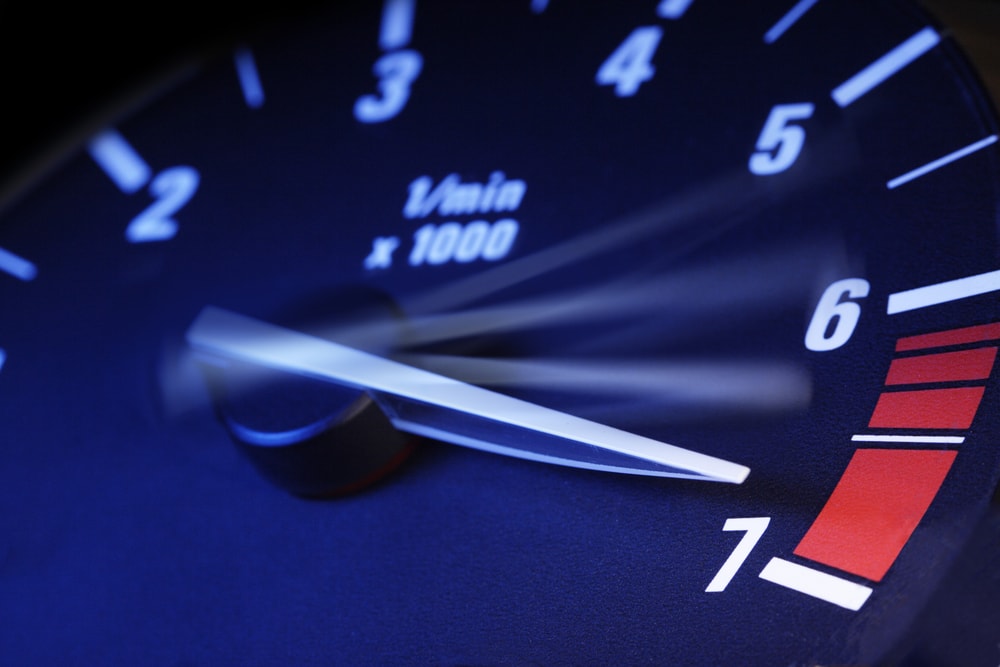In todays rapidly evolving technology landscape, the ability to accurately measure and monitor mechanical systems is of utmost importance. For industry QA professionals, understanding how to use a photo tachometer is a tremendous aspect of their professional toolkit. This article aims to provide a detailed, step-by-step guide on using a photo tachometer, ensuring accurate measurements and efficient operations.

What is a Photo Tachometer?
A photo tachometer is a device used to measure the rotation speed of an object. Unlike conventional contact tachometers, this technology uses a beam of light to detect and measure the rotational speed of machines and components.
For more information on the basic functionalities and applications, check out Tachometer on Wikipedia.
Why Use a Photo Tachometer?
Understanding why photo tachometers are invaluable is crucial. They offer several advantages, including:
- Non-contact measurement, reducing wear and tear on equipment.
- High accuracy and precision.
- Ability to measure high rotational speeds.
The Anatomy of a Photo Tachometer
Before diving into the operation, it’s essential to familiarize yourself with its components:
- Optical Sensor: Detects reflections from the rotating object.
- Display Screen: Shows the speed measurement.
- Control Buttons: Used to operate and configure the device.
Step-by-Step Guide: Using a Photo Tachometer
Step 1: Prepare the Device
Ensure the photo tachometer is charged or has fresh batteries. Turn on the device and check that it initializes correctly.
Step 2: Mark the Rotating Object
Place a reflective tape or marker on the rotating object. The optical sensor will use this marker to detect rotation.
Step 3: Position the Tachometer
Hold the photo tachometer at a distance specified in the user manual, typically a few inches away from the marker. Ensure the optical sensor has a clear line of sight.
Step 4: Capture the Measurement
Activate the measurement function by pressing the appropriate button. The device will emit a beam of light and calculate the rotational speed based on the reflections received.
Step 5: Read and Record the Data
Look at the display screen to see the rotational speed measurement. Record this data for your records.
Applications of Photo Tachometers
Photo tachometers are used across various industries. They are crucial in:
- Manufacturing Monitoring machinery to ensure optimal performance.
- Automotive Measuring engine RPMs and diagnosing mechanical issues.
- Aerospace Ensuring the precision of rotating components.
Common Mistakes to Avoid
While using a photo tachometer is straightforward, there are common pitfalls to be aware of:
- Improper placement of the reflective marker.
- Holding the tachometer at an incorrect distance.
- Not maintaining a steady hand, leading to inaccurate readings.
Maintaining Your Photo Tachometer
To ensure your device’s longevity, consider these maintenance tips:
- Regularly clean the optical sensor to avoid dust accumulation.
- Store in a protective case when not in use.
- Replace batteries periodically to ensure consistent performance.
Advanced Features of Modern Photo Tachometers
Modern photo tachometers come with advanced features like:
- Data logging capabilities.
- Integration with computer systems for detailed analysis.
- Wireless communication for remote monitoring.
Choosing the Right Photo Tachometer
When selecting a photo tachometer, consider factors such as:
- Measurement range and accuracy.
- Ease of use and ergonomics.
- Availability of technical support and warranty.
FAQs
What is a photo tachometer used for?
A photo tachometer is used to measure the rotational speed of an object without physical contact.
How accurate are photo tachometers?
Photo tachometers are highly accurate, often providing precision within a few RPMs.
Can I use a photo tachometer on any rotating object?
Yes, as long as you can place a reflective marker on the object and have a clear line of sight, you can use a photo tachometer.

Conclusion
Understanding how to use a photo tachometer is a tremendous skill for industry QA professionals. With the right knowledge and approach, these devices can significantly enhance your ability to monitor and maintain mechanical systems. For further reading, you might find articles on stroboscope usage and how stroboscope works helpful in expanding your understanding of related technologies.
